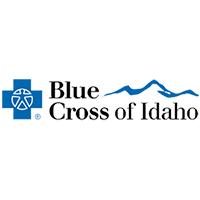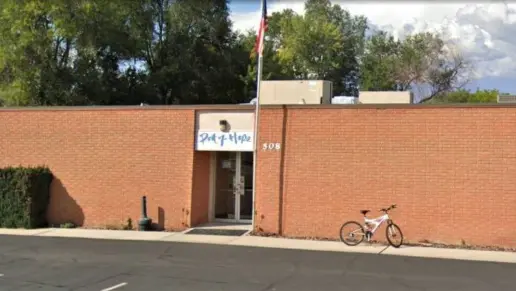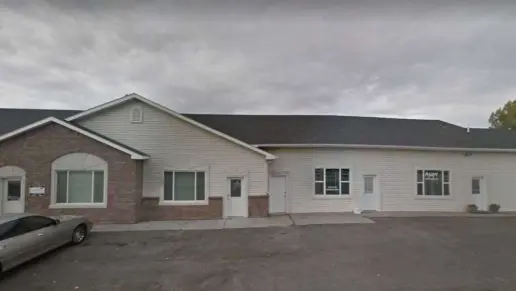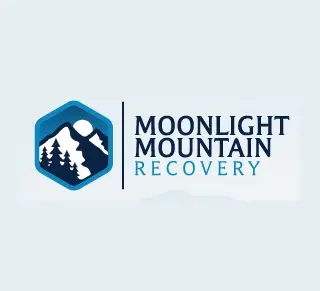About Ambitions of Idaho
Ambitions of Idaho is a dual diagnosis behavioral health and disability services provider with several locations across the state. Services include addiction treatment and behavioral health programs, and counseling.
Offering various behavioral health programs, Ambitions of Idaho supports individuals in receiving community mental health care. Outpatient programs include addiction counseling, mental health support, family counseling, medication management, mental health assessments, anger management, peer support, community based rehabilitation, and case management.
Ambitions of Idaho provides comprehensive mental health assessments, which evaluate patients for substance use disorders and/or co-occurring mental health conditions. This informs an individualized treatment plan and therapeutic treatments, which may include individual counseling, group therapy, cognitive behavioral therapy, mindfulness, family counseling, and rational emotive behavioral therapy.
Community Based Rehabilitation Services (CBRS) is an outpatient, at home treatment program for those recovering from a severe and persistent mental health disorder. The program includes counseling, psychoeducation, and skill building to support participants in integrating into the community, improving their overall health and wellness, and enhancing their quality of life.
Outpatient treatment at Ambitions of Idaho is part of the substance use disorder services program (SUDS). The program includes a clinical assessment (GAINS), eight hours of outpatient participation per week, case management, educational classes, and individual and group counseling. Participants may also participate in DUI classes.
The Peer Support Program helps individuals with substance use disorders to connect with a peer in the community with lived experiences of addiction and recovery. Peers are certified by the state and support individuals in achieving recovery related goals.
Ambitions of Idaho provides case management services that support individuals with assessment, service and resource planning, and referral services. It is for individuals with mental health disorders who may find navigating mental health services challenging.
Ambitions of Idaho accepts Medicare, Medicaid, state funding, private insurance plans, and self pay. There are sliding scale and financial assistance options available. No one is refused care due to an inability to pay.
Latest Reviews
Rehab Score
Gallery
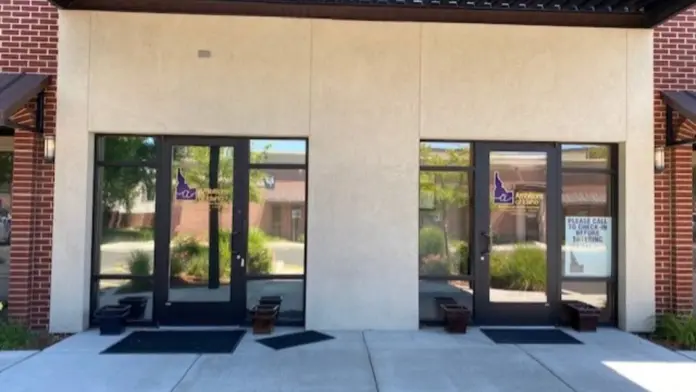
Location
Accepted Insurance
Other Forms of Payment
Self-pay involves paying for treatment out of your own pocket. You can use savings or credit, get a personal loan, or receive help from family and friends to fund your treatment. If you don't have insurance or your insurance plan doesn't cover a specific program, self-pay can help ensure you still get the care you need.
Private insurance refers to any kind of healthcare coverage that isn't from the state or federal government. This includes individual and family plans offered by an employer or purchased from the Insurance Marketplace. Every plan will have different requirements and out of pocket costs so be sure to get the full details before you start treatment.
Sliding scale payments are based on a client's income and family size. The goal is to make treatment affordable to everyone. By taking these factors into account, addiction recovery care providers help ensure that your treatment does not become a financial burden to you or your family, eliminating one barrier to care.
Medicaid is a state based program that helps lower-income individuals and families pay for healthcare. Medicaid covers addiction treatment so those enrolled can use their coverage to pay for rehab. When a program accepts Medicaid the client often pays very little or nothing out of their own pocket.
Medicare is a federal program that provides health insurance for those 65 and older. It also serves people under 65 with chronic and disabling health challenges. To use Medicare for addiction treatment you need to find a program that accepts Medicare and is in network with your plan. Out of pocket costs and preauthorization requirements vary, so always check with your provider.
Financial aid can take many forms. Centers may have grants or scholarships available to clients who meet eligibility requirements. Programs that receive SAMHSA grants may have financial aid available for those who need treatment as well. Grants and scholarships can help you pai for treatment without having to repay.
Military members, veterans, and eligible dependents have access to specific insurance programs that help them get the care they need. TRICARE and VA insurance can help you access low cost or no cost addiction and mental health treatment. Programs that accept military insurance often have targeted treatment focused on the unique challenges military members, veterans, and their families face.
Addiction Treatments
Levels of Care
Programs

Clinical Services
Group therapy teaches participants in Idaho how to learn and practice conflict resolution skills. Within the group, you learn how to improve relationships and reduce stress. Both of these are crucial for achieving and maintaining your recovery.
Men and women in Idaho may choose a customized drug and alcohol treatment approach using individual therapy. This focuses your attention on the unique challenges in your life and helps you understand the triggers and stressors that increase your risk of drug use. You develop healthier coping strategies to promote sustainable sobriety.
Research has shown that cognitive behavioral therapy (CBT) in Idaho is one of the most effective forms of therapy to treat substance use disorders and accompanying mental health disorders such as anxiety and depression. The focus of this method is to learn about and change patterns of thinking and behavior.
The goal of trauma therapy is to help you mentally, emotionally, and physically heal from the effects of witnessing or experiencing a traumatic event. Your therapist helps you process the experience and develop effective coping strategies. This improves your emotional well being and your ability to function in the community.
Unlike other more coercive methods, motivational interviewing does not impose change on the client. Instead, the therapist asks questions, listens, and reflects the client's thoughts back to them. This helps the person come to their own conclusions and supports making changes on their own terms based on those conclusions.
During family therapy in Idaho, members have a safe space to express their feelings about the impact addiction has had on the family unit. The process helps reduce the stigma associated with mental health and enhances each member's understanding of addiction. By promoting a unified approach, family therapy helps to support the recovery journey.
Couples therapy provides the opportunity to discuss challenges in the relationships and learn healthy ways to work through them. Therapy may address issues such as your roles, beliefs, finances, health, substance use, and children.
Contact Information
4615 W Emerald St
Boise, ID 83706
